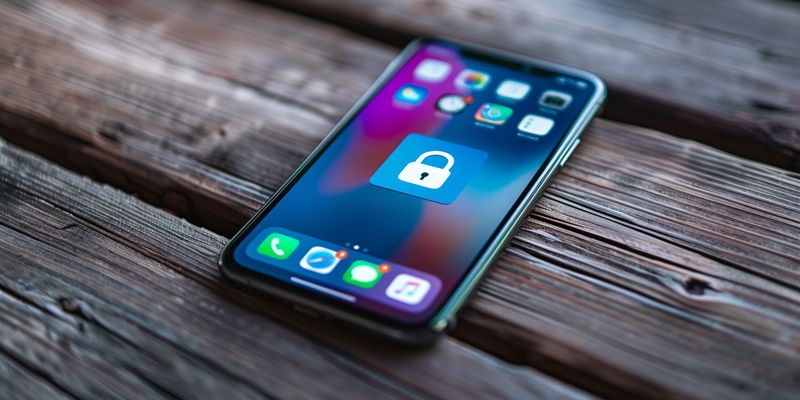In the face of rising cyber threats, the UK has set a new standard for consumer connectable product security. This development is reshaping the landscape for smartphone manufacturers and highlighting the critical role of security updates. Tech giants like Apple, Google, and Samsung are responding to these changes, not only to comply with legal requirements but also to compete for consumer trust and loyalty based on their cybersecurity commitments.
The UK’s PSTI Act and Its Impact on Tech Companies
A new era for cybersecurity is dawning with the UK’s Product Security and Telecommunications Infrastructure (PSTI) Act. The legislation heralds a significant shift toward better protection for devices connected to telecom infrastructures. This change spells out a series of requirements that tech companies must follow, including the implementation of unique passwords—or giving users the ability to set their own—a clear method for reporting security flaws, and a declaration of the minimum time frame for which security updates will be offered. The implication is clear: long-term device security is no longer optional but a regulated standard that companies must meet.
Apple’s Commitment to Smartphone Security
The New Apple Update Policy
Apple, recognizing the changing tide in device security, has stepped forward with a new policy. Starting with the release of the iPhone 15 in September 2023, Apple promises at least five years of security updates for its phones running on iOS version 17. This move is crucial not only for consumers who prioritize security when making their purchasing decisions but also sets a new benchmark for the industry. Apple’s commitment is expected to positively influence user experience, reinforcing customer trust in an era increasingly focused on digital security.
Apple’s Position in the Industry
Despite Apple’s substantial five-year update commitment, it seems to trail behind rivals Google and Samsung—both have taken a step further with seven years of guaranteed security updates for their flagship devices. The competition in this sphere isn’t just about the latest features or the sleekest design anymore; it’s about how well tech giants can assure customers that their devices are secure over an extended period. How this battle on security transparency and longevity plays out could redefine brand loyalty and consumer choice in the ever-evolving smartphone market.
Google and Samsung’s Longer Security Update Promise
Google and Samsung’s Seven-Year Commitment
Elevating the stakes in the cybersecurity race, Google and Samsung have made headlines with their seven-year security update promise. This extended timeline dwarfs the industry’s standard, highlighting a commitment to user protection that may become a deciding factor for many consumers. The duration of support not only enhances the product’s lifespan but also showcases foresight in cybersecurity maintenance, casting a favorable light on both brands’ dedication to customer safety.
The Competitive Edge in Security Support
In this competitive environment, longevity in security support can be the edge one brand needs over another. Google and Samsung’s seven-year pledge sets a high bar, positioning these tech giants as industry leaders proactive about consumer data protection. This strategic move works to strengthen brand reputation, encourage loyalty, and potentially sway users who may have considered other manufacturers. It’s a telling shift toward prioritizing security in the broader consumer technology experience.
The Importance of Cybersecurity in the Tech Industry
Today’s tech industry is at a crossroads where consumer expectations and regulatory requirements converge, demanding robust and long-lasting cybersecurity measures. Legal developments like the UK’s PSTI Act compel manufacturers to rethink their approach to device security, but market forces are just as influential. Consumers are increasingly savvy about the risks associated with connected tech, and they’re looking to industry leaders for reassurances that extend well into the future of their devices.

